You've probably come across fuori before: pronounced “fw-ori”, it means 'out'.
Taken from 'foris', a Latin word for 'door', you can use it to refer to anything beyond a threshold – whether it's 'outside', 'outdoors' or simply 'out'.
Ti aspetto fuori.
I’ll wait for you outside.
Ceniamo fuori?
Shall we eat outdoors? or Shall we eat out (at a restaurant)?
Tiralo fuori dalla scatola.
Take it out of the box.
Sono stato fuori tutto il giorno.
I was out (of the house) all day.
You can even order someone “Fuori!” – 'Get out of here!”
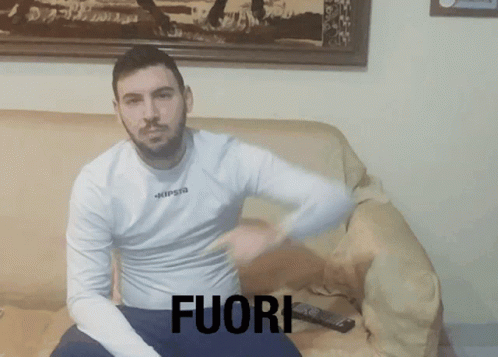
But just like 'out', fuori doesn't always have to mean physically 'outside'.
You can say that something is 'out of the question' (fuori questione), 'out of order' (fuori servizio), 'out of place' (fuori luogo), 'out of the way' (fuori mano) or 'out of the ordinary' (fuori del comune).
And you certainly don't want to be fuori strada: it means literally 'off the road' or 'going the wrong way', but figuratively it also indicates you're 'on the wrong track' or 'barking up the wrong tree'.
Sei fuori strada, il centro è dall’altra parte.
You’re going the wrong way, the centre is the other way.
Se la pensi così sei completamente fuori strada.
If that’s what you think, you’re on completely the wrong track.
Even worse is being fuori di testa: 'out of your mind', 'crazy' or 'nuts'. You might hear this one shortened to just “sei fuori!” ('you're crazy!') when someone finds you particularly hard to take seriously.
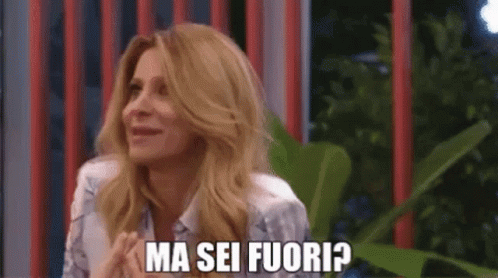
It also crops up in the phrasal verb far fuori (literally, 'to put outside'), which is an informal way to describe 'polishing off' or 'doing away' with something (or someone).
Ha fatto fuori tutti i biscotti.
He polished off all the biscuits.
Se minacci la mia famiglia io ti faccio fuori!
If you threaten my family, I'll kill you!
You'd have to be really fuori to do that.
Do you have a favourite Italian word you'd like us to feature? If so, please email us with your suggestion.

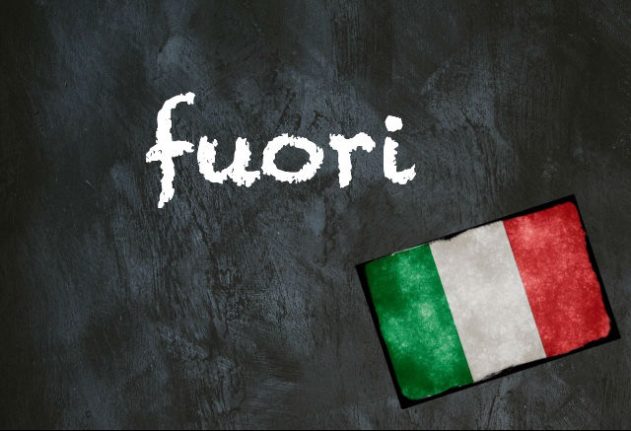
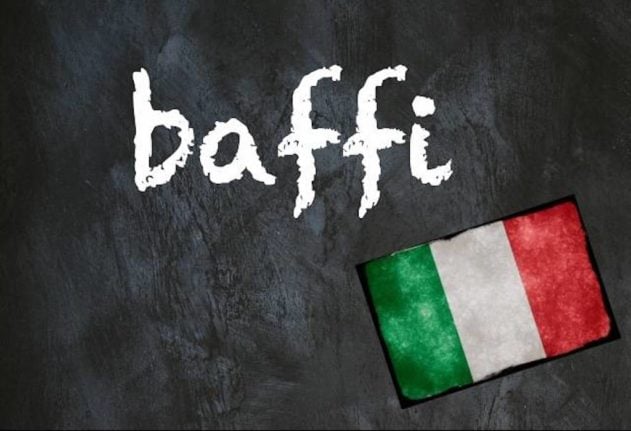
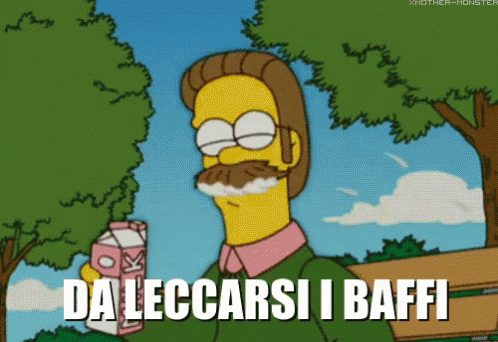
 Please whitelist us to continue reading.
Please whitelist us to continue reading.
Member comments